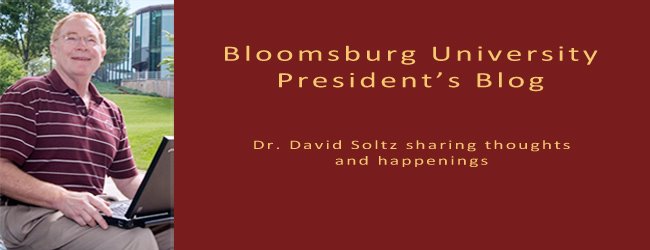URSCA introduces students to research under the guidance of faculty mentors. Administered by the Office of Sponsored Research and Grants, the undergraduate research program promotes high-level student-learning outcomes through experiences outside the classroom. The goal is to establish a university-wide, sustainable model for undergraduate research on campus.
The URSCA award provides opportunities for students to work closely with faculty in the humanities, arts, social sciences, life sciences, mathematics, physical sciences and education. Students experience the process of research and scholarship as a creative intellectual activity.
The program is open to all undergraduate students enrolled at Bloomsburg University. The URSCA award provides stipend support of up to $6,000 to students during their summer undergraduate research, scholarship or creative activity. Check bloomu.edu/ursca for a full description with eligibility requirements.
URSCA is modeled on the grant-seeking process:
- Students collaborate with potential faculty mentors to define and develop a project.
- Applicants write research proposals for their projects.
- A faculty committee reviews the proposals and recommends awards.
- Students carry out the work during the 12-week summer session, May 9 to Aug. 20, 2013.
- Students submit a summary or technical paper or provide a poster or oral presentation at the spring research day.
- Through their participation in an undergraduate research project, students will be able to:
- Apply information on human cultures and the physical and natural world to scholarly or creative endeavors.
- Apply intellectual and practical skills to scholarly or creative endeavors.
- Apply ethical reasoning to scholarly or creative endeavors.
- Refine one’s self-identity in a career or profession.
- Use written and oral communication at a level expected of young professionals in scholarly or creative careers.
- Work collaboratively in a team setting to achieve a scholarly or creative objective.


No comments:
Post a Comment